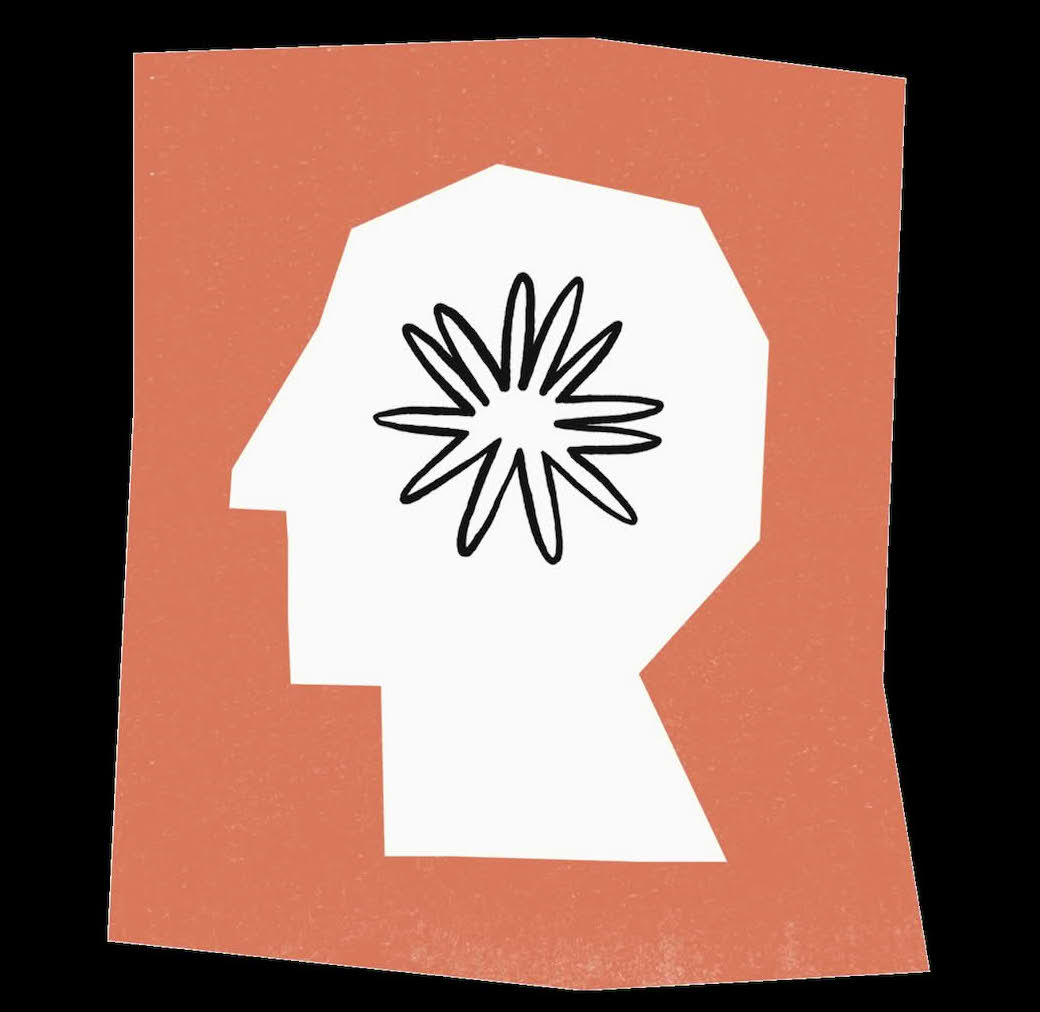
Anthropic’s $1.5 billion offer to settle a copyright lawsuit brought by authors has been delayed, with a federal judge refusing to approve the deal until more details are provided.
Judge Raises Concerns
Judge William Alsup, overseeing the case in Northern California, said key issues remain unresolved. In his order, he noted that questions regarding the Works List, Class List, Claim Form, and procedures for handling works with multiple claimants had been left unanswered. He emphasized that these gaps need to be addressed before moving forward, warning that attorneys must ensure fairness to the authors rather than focusing only on monetary relief.
Alsup also stressed the need for clear communication to writers, including giving them the option to opt in or out and informing them that they cannot pursue future claims against Anthropic once they join the settlement.
The class-action suit was filed last year, with authors alleging Anthropic trained its AI models on pirated versions of their books without consent. The settlement was announced in August, with a payout totaling $1.5 billion. The court estimates that around 465,000 works may be eligible, with each potentially yielding close to $3,000.
Alsup has set a September 15 deadline for the full list of eligible works and October 10 for the approval of the class list and claim forms. Only after these conditions are met will the court consider preliminary approval of the settlement.
Criticism From the Publishing Industry
At the hearing, Alsup criticized the plaintiffs’ legal team for assigning what he called an “army” of lawyers to the case, stating that attorney compensation will be tied to class payouts. Meanwhile, Maria A. Pallante, president of the Association of American Publishers, accused the court of misunderstanding how the publishing industry operates, warning that the current approach could spark years of disputes between authors and publishers.
A similar case has been filed against Apple, with authors accusing the company of also using the pirated Books3 dataset to train AI models.
What The Author Thinks
The hesitation from Judge Alsup shows how complicated copyright cases against AI companies have become. While the settlement amount sounds massive, the fine print matters just as much as the money. Without clear processes and transparent claims handling, authors risk being sidelined in the very case meant to protect them. This lawsuit isn’t just about Anthropic—it could set the tone for how future AI training disputes are resolved across the industry.
Featured image credit: Heute
For more stories like it, click the +Follow button at the top of this page to follow us.
